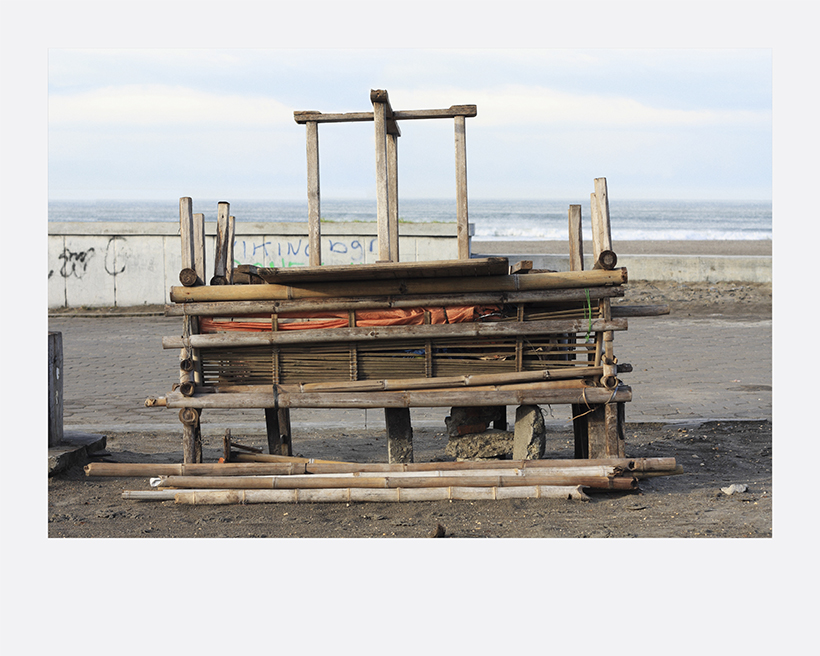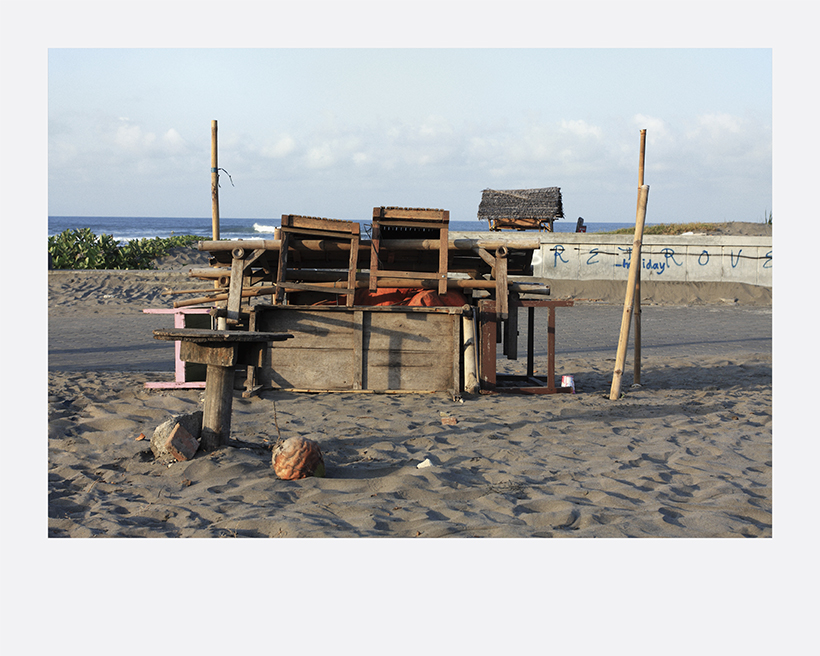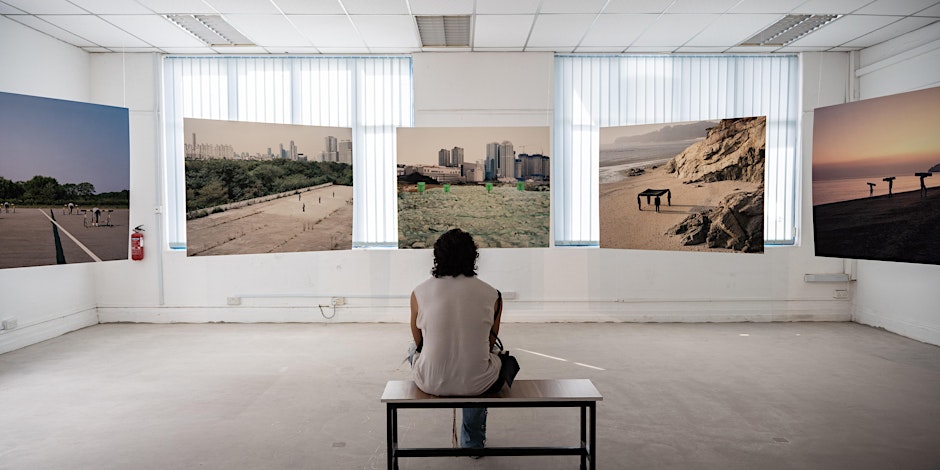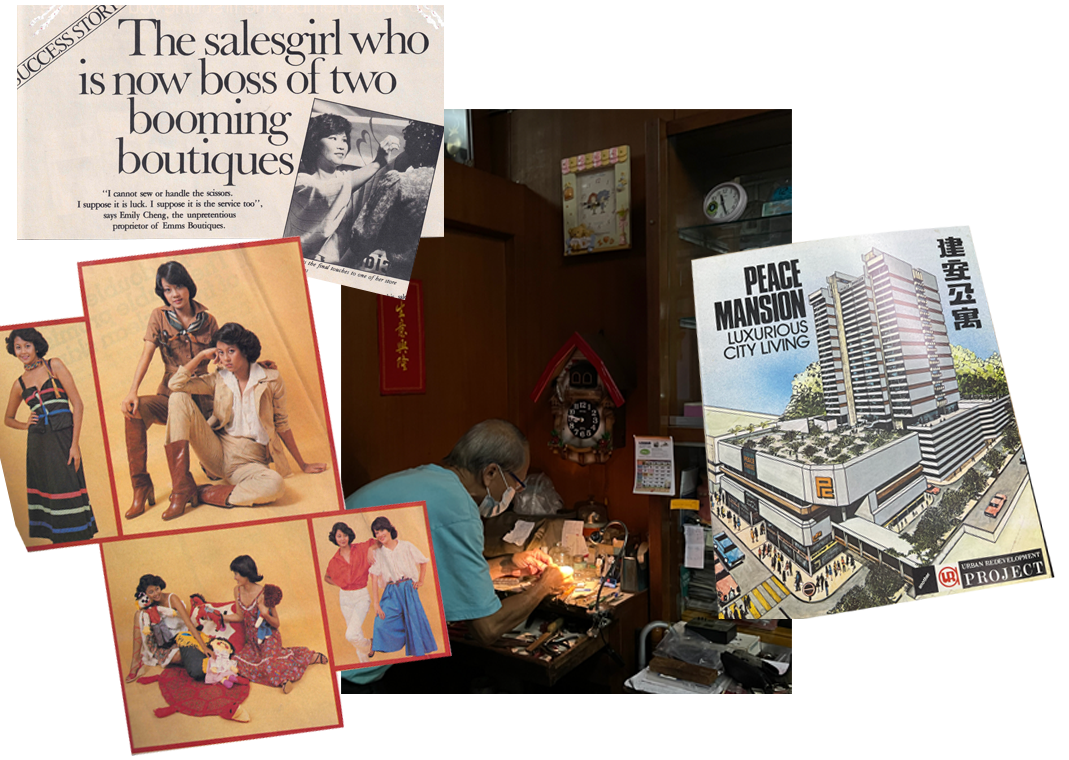Upon finishing my series The Order of Things spanning two years, my interest in how people create, modify and appropriate their everyday stuff intensified. Inspiration struck me when I saw food stalls, or “lapaks”, parked along Parangtritis Beach, in the southern part of Yogyakarta, where my parents-in-law resided. Deeply rooted in Indonesian culture, the lapak to me symbolises the act of reclaiming (spaces or property) from colonial oppression. While observing how stall vendors arranged their lapaks, I discovered how this marvelous contraption is an embodiment of both form and function. In the day, vendors would arrange their lapaks in certain forms to serve the function for displaying their wares. At the end of the day, the lapaks are reassembled into a different kind of form to serve as a warehouse or territory marker. Its form is a function, its function is a form.
About the Artist
Akiq Abdul Wahid (b. 1976, in Kediri, a small town in the middle of East Java province) lives and works at Yogyakarta. His work focuses on how humans face their everyday life, through the system, technology and innovation that they created. He is a member of MES56, an art collective based in Yogyakarta that builds awareness of visual literacy through exhibitions, workshops and art projects.











